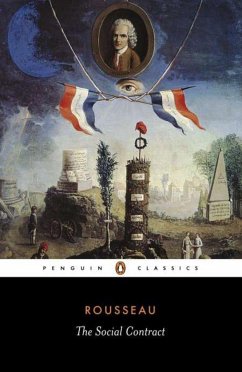
Rights of Man

PAYBACK Punkte
6 °P sammeln!
Presents an overview of Paine's career as political theorist and pamphleteer, and supplies background material to "Rights of Man". This book discusses how Paine created a language of modern politics that brought various issues to the common man and the working classes and assesses the debt owed to Paine by American and British radical traditions.













